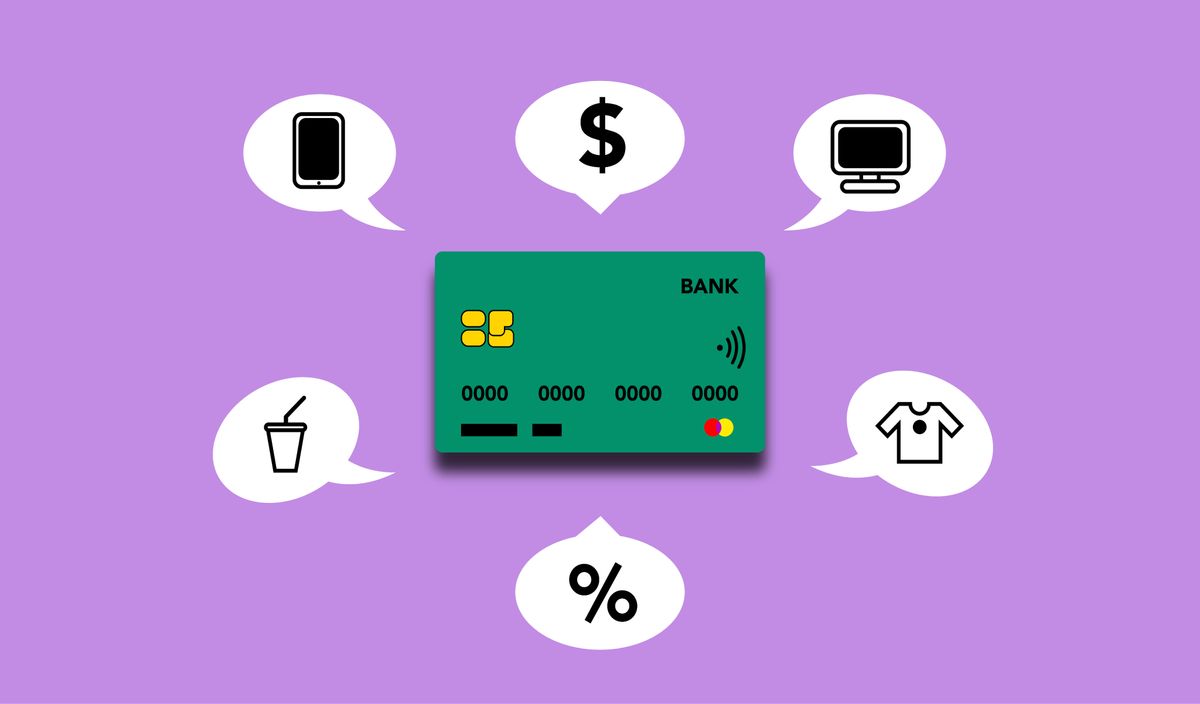Your credit score is a numerical representation of your creditworthiness, and it significantly impacts your financial life. It's a number that ranges from 300 to 850, with higher scores indicating better creditworthiness. In addition, credit scores are used by lenders to determine whether to approve you for loans or credit cards and what interest rate you'll pay on those loans. In this article, we'll explore the impact of credit scores on your finances and offer tips on how to improve your credit score.
Impact of Credit Scores on Your Finances
Your credit score can affect your finances in several ways. For example:
- Interest rates on loans and credit cards: A higher credit score can result in lower interest rates on loans and credit cards. A lower interest rate means you'll pay less in interest over the life of the loan or credit card balance.
- Approval for loans and credit cards: Lenders use credit scores to determine whether to approve you for loans or credit cards. You may not be approved for the credit you need if you have a low credit score.
- Insurance premiums: Insurance companies may use your credit score to determine your premiums. A lower credit score may result in higher insurance premiums.
- Employment: Some employers may use credit scores as part of their hiring process. A low credit score could hurt your chances of getting hired.
- Renting an apartment: Landlords may use your credit score to determine whether to rent an apartment to you. A low credit score could make finding a place to live difficult.
How to Improve Your Credit Score
Improving your credit score takes time and effort, but it can be done. Here are some tips on how to improve your credit score:
- Pay your bills on time: Late payments can have a negative impact on your credit score. Make sure to pay your bills on time, even if it's just the minimum payment.
- Keep your credit utilization low: Your credit utilization is the amount of credit you're using compared to your credit limit. Aim to keep your credit utilization below 30% to improve your credit score.
- Check your credit report for errors: Errors on your credit report can negatively impact your credit score. Check your credit report regularly and dispute any errors you find.
- Avoid opening too many credit accounts: Opening too many credit accounts can hurt your credit score. Only open new credit accounts when you need them.
- Keep old credit accounts open: The length of your credit history is a factor in your credit score. Keep old credit accounts open, even if you're not using them.
Let's look at some examples of how to improve your credit score:
- John has a credit score of 650, and he wants to improve it. He starts by making sure to pay his bills on time every month. He also checks his credit report and finds an error, which he disputes and gets removed. Over time, John's credit score improves to 720.
- Sarah has a credit score of 550, and she wants to improve it. She starts by paying off her credit card balances and keeping her credit utilization below 30%. She also stops applying for new credit accounts. After six months, Sarah's credit score improves to 650.
- Mark has a credit score of 750, but he wants to maintain or improve it. He keeps his credit utilization low, pays his bills on time, and checks his credit report regularly for errors. He also keeps his old credit accounts open, even if he's not using them. As a result, Mark's credit score remains stable at 750 or even improves over time.
Your credit score has a significant impact on your finances. A higher credit score can result in lower interest rates, better loan and credit card terms, and even lower insurance premiums. On the other hand, a low credit score can make it difficult to obtain credit or lead to higher interest rates and less favorable terms. Therefore, it's essential to monitor your credit score regularly and take steps to improve it when necessary.
Improving your credit score may take time and effort, but it's well worth it in the long run. By paying your bills on time, keeping your credit utilization low, checking your credit report for errors, avoiding opening too many credit accounts, and keeping old credit accounts open, you can improve your credit score over time. A higher credit score will give you more financial opportunities and a stronger financial future.




